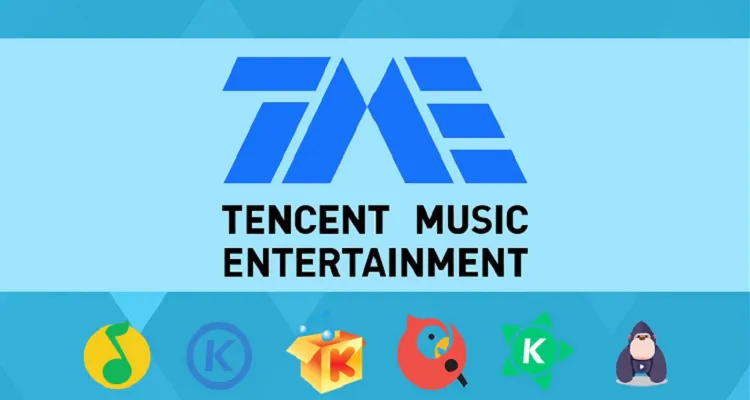
Back in late April, reports indicated that Tencent would be subject to a multibillion-dollar penalty in China – with a particular focus on its Tencent Music holdings – as part of a broader “antitrust” crackdown from the government. Now, officials are reportedly preparing to announce the conglomerate’s penalty, which appears far milder than initially anticipated.
Reuters just recently shed light upon the nuances of the antitrust penalty, citing anonymous sources with knowledge of the matter. In the aforementioned April reports, different sources yet specified that the State Administration of Market Regulation (SAMR) would slap Tencent with a more than $1.5 billion fine. And as Alibaba was made to pay a staggering $2.8 billion that same month, the substantial fee didn’t seem outside the realm of possibility.
However, per Reuters once again, Tencent is set to pay a just $77,000 (CN¥500,000) or so fine, stemming from its purported failure to report the 2016 acquisition of streaming services Kugou Music and Kuwo Music to the government. Previously, evidence suggested that Tencent Music – which operates QQ Music and the WeSing karaoke app, besides Kugou and Kuwo – would have to part with the latter two platforms.
Instead, the SAMR will reportedly require Tencent Music to give up the exclusive rights to certain music.
While the Big Three labels – led by Universal Music Group – did away with exclusive albums in the U.S. and elsewhere years back, arguing that they damage the streaming landscape, Tencent Music has continued to accumulate tracks that Chinese users cannot access via other platforms. To be sure, the entity disclosed in March of 2021 that its “number of exclusive indie musicians increased by 13 times in the fourth quarter” of 2020.
Despite the scope of this exclusive-music library, though, sources have indicated that Tencent Music will be allowed to retain some of the corresponding deals, with officials seemingly zeroing in on agreements involving high-profile acts such as Jay Chou.
It’s unclear what exactly led to Tencent’s comparatively lenient punishment, as neither the SAMR nor the Shenzhen-headquartered conglomerate itself have commented publicly on the matter. Similarly, it remains to be seen whether the WeChat owner will face additional penalties across its other divisions.
But it bears noting here that Tencent Music in April – the same month in which reports suggested that a massive fine and a forced Kugou/Kuwo selloff were imminent, once again – abruptly tapped former Tencent VP Zhu “Ross” Liang to replace Cussion Kar Shun Pang as CEO, with the latter becoming executive chairman of the board. Even so, only Pang (not the newly minted CEO Liang) provided a statement for the company’s strong Q1 2021 performance analysis.
At the time of this piece’s writing, Tencent Music stock (NYSE: TME) was down almost five percent from Friday’s closing value, for a per-share price of $12.26. Shares of Tencent proper, for their part, had suffered a roughly 3.3 percent dip and were trading for $68.43 each.

